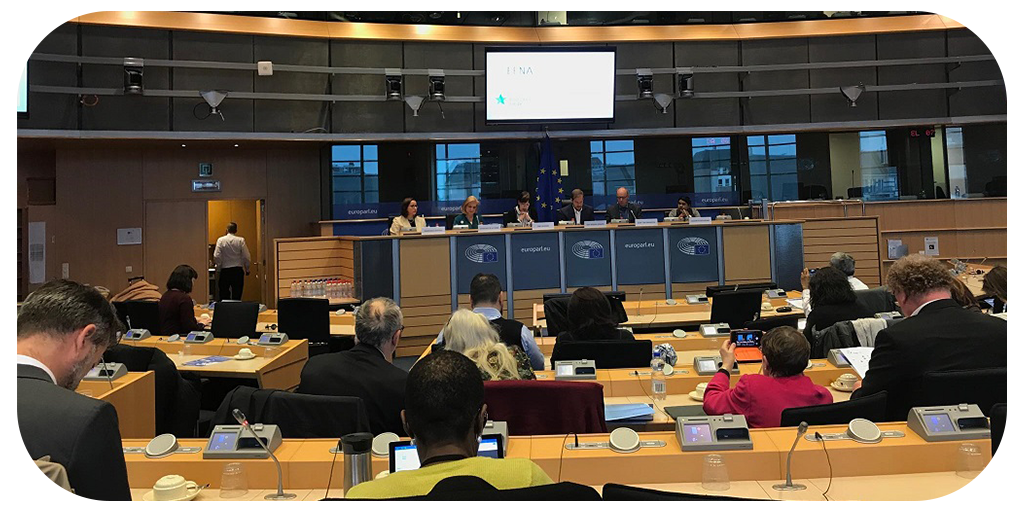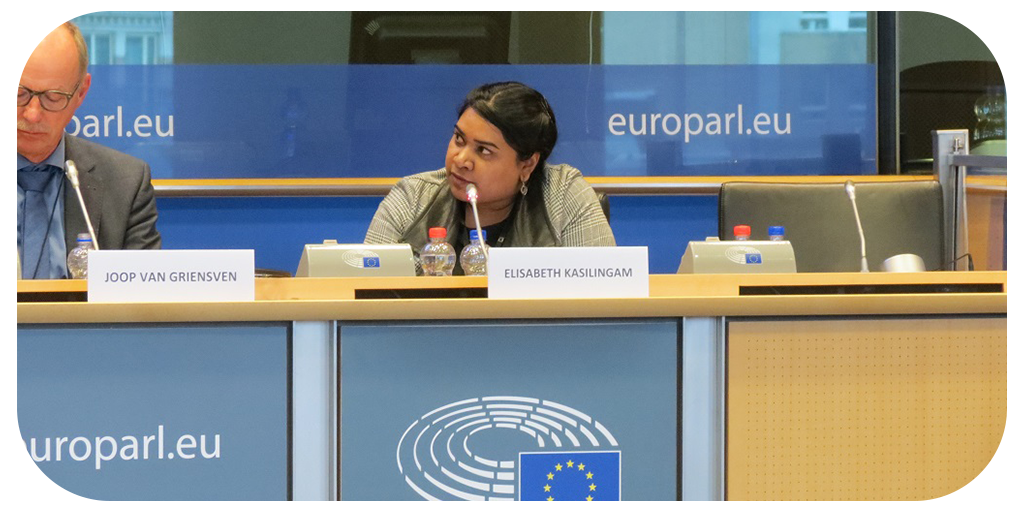
Joint effort for equitable access to employment
27.03.2019The Brain, Mind & Pain MEP Interest Group, hosted by MEP Jeroen Leaners, held its last meeting during this parliamentary mandate on 6 March 2019 in the European Parliament. The event explored the impact of Brain, Mind and Pain disorders on employment under the topic ‘Fighting Discrimination at Work for those affected by neurological disorders and chronic pain conditions’.

The future of the Brain, Mind & Pain MEP Interest Group
Patients with neurological and chronic pain conditions can find it difficult to find and/or maintain employment not only because of physical and cognitive problems but also due to stigma, isolation, and discrimination. For these reasons, the Interest Group will continue its activity in the upcoming parliamentary mandate under the leadership of the European Federation of Neurological Associations (EFNA) and Pain Alliance Europe (PAE). The Interest Group will be focusing on the following objectives:
- Fighting stigma, isolation, and discrimination;
- Ensuring equitable access to treatment, services, and supports;
- Promoting increased patient involvement and engagement.
Employment and the needs of people with MS
As a panelist at the last Brain, Mind & Pain MEP Interest Group event, EMSP Managing Director, Elisabeth Kasilingam stressed the need for support mechanisms to help people with MS to stay in or return to work. These supports ensure people can return to work when they are fit for work, once again improving their personal, psychological and financial wellbeing, as only work can.
Ms. Kasilingam highlighted the urgent need for educational schemes that provide employers with the necessary level of awareness on the topic. These tools and information provide employers with ways to improve their workplace for all their staff; these healthy workplace processes allow MS-affected staff gets on with their professional lives within the working environment. She also pinpointed the necessity of aligning health, labor and social policies and practices at the national level.
People with MS face difficulties in finding or retaining work. In fact, the largest ever study of people with MS (Cost of Illness Study by Gisela Kobelt) confirmed that where disease progressed, work-capacity declined from 82% to 8%. Fatigue and self-assessed cognitive impairment have an independent link not only on employment but also to more subtle work performance issues such as work hours, sick leave and productivity while working.

Overcoming the major challenges: EMSP’s work and impact
We must tackle the major challenges of people with multiple sclerosis (MS) in their work:
- Job retention;
- Lack of workplace mental health support & stigma of having an illness (because illness does not mean people are unable to work); and
- Flexibility at the workplace.
Work and employment have been part of EMSP’s work for the past 10 years. In particular we h,ave looked at ways to break down barriers by showing the data (via the MS Barometer and campaigns) the real-life issues that people with MS have to deal with in terms of employment.
We have also executed a wide range of projects that increased participation of people with MS in the labour market: Believe and Achieve; Paving the Path for Participation (PPP); Ready for Work & Code of Good Practice in MS. All our employment-focused materials are available now in one place and in an accessible format at our online hub called MS at Work (www.mstwork.life).
MS@Work aims to raise awareness on the needs of people with MS for better access to employment and social care, to facilitate access and use of the outcomes of EMSP employment initiatives developed by EMSP and a space that highlights the value of work to people with chronic illnesses. This website provides options for people with MS, employers, healthcare professionals and decision-makers. At www.msatwork.life we are solution-focused and equipped to overcome any challenges.
 Your Account
Your Account



